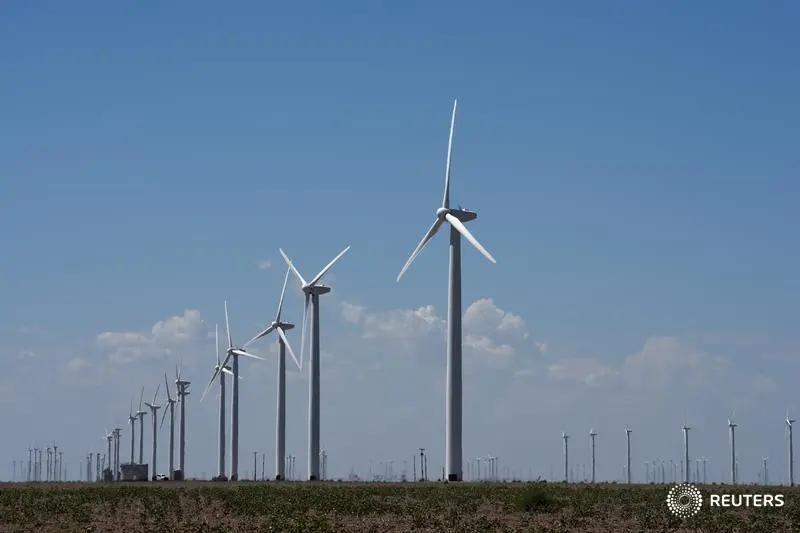PHOTO
As the race towards sustainable energy becomes more heated across the GCC, energy players will be able to better prepare for any disruptive trends by harnessing the power of blockchain, experts at Booz Allen Hamilton said.
Speaking at a media roundtable, Dr Adham Sleiman, vice-president at Booz Allen Hamilton Middle East and North Africa, said that the world is set to generate 50 per cent of its energy from renewable sources by 2050.
With electricity demand in the GCC expected to continue growing rapidly, renewable energy has become a key asset in government strategies to diversify the domestic energy mix.
By 2030, the GCC aims to install 80GW of renewable energy capacity across the six member states, constituting more than 50 per cent of the region's existing conventional capacity.
However, with targets such as these there are no shortage of challenges; these include institutional, governance, supply, demand, technical, as well as commercial challenges. Since the development of Bitcoin in 2008, the interest in blockchain technology has exponentially expanded into many different industries, with its global market predicted to grow to $2.3 billion by 2021.
Renewable energy, Dr Sleiman noted, is a good candidate for blockchain use since it operates in a system of economic and financial transactions, overseen by a central authority. This system is gradually becoming more decentralised thanks to the role that distributed energy resources (DERs) are playing.
"DERs are changing the landscape; we are moving towards a more decentralised grid, where utilities no longer fully control the system," he said.
"Utilities now need to look beyond energy delivery. Blockchain applications can help with enabling P2P energy trading, tracking renewable energy, and articulating smart contracts. There is lots of potential for transactive energy concepts; this is a major disruptive change that the energy sector may face within the next 10 years," Dr Sleiman says. According to the International Energy Agency, one billion households and 11 billion smart appliances could actively participate in interconnected electricity systems by 2040. Several pilots have already illustrated the ability of a blockchain ecosystem to monitor flows of both value and energy as multiple parties transact.
Rafael Mateo, senior associate at Booz Allen Hamilton Dubai, noted that the UAE is already testing several use cases across different industries, including the Dubai Electricity and Water Authority (Dewa) and the Dubai Roads and Transport Authority (RTA). "Dewa is experimenting with smart contracts on the blockchain for the charging of electric vehicles, and the RTA is looking to use blockchain across its fleets to track the maintenance lifecycle of all their vehicles," he says.
Looking ahead, he said that it is important for utilities to make use of tracking tools such as renewable energy certificates to track renewable energy flowing in the grid. Smart contracts are self-executing programmes that respond to a pre-defined trigger event.
Once the action is done, it is added to the blockchain as a permanent record. Successful pilots based on blockchain have been tested in the operation of electric vehicles charging stations, enabling a fully automated, worldwide authenticated, charging and billing solution with no middleman involved.
Copyright © 2019 Khaleej Times. All Rights Reserved. Provided by SyndiGate Media Inc. (Syndigate.info).





















